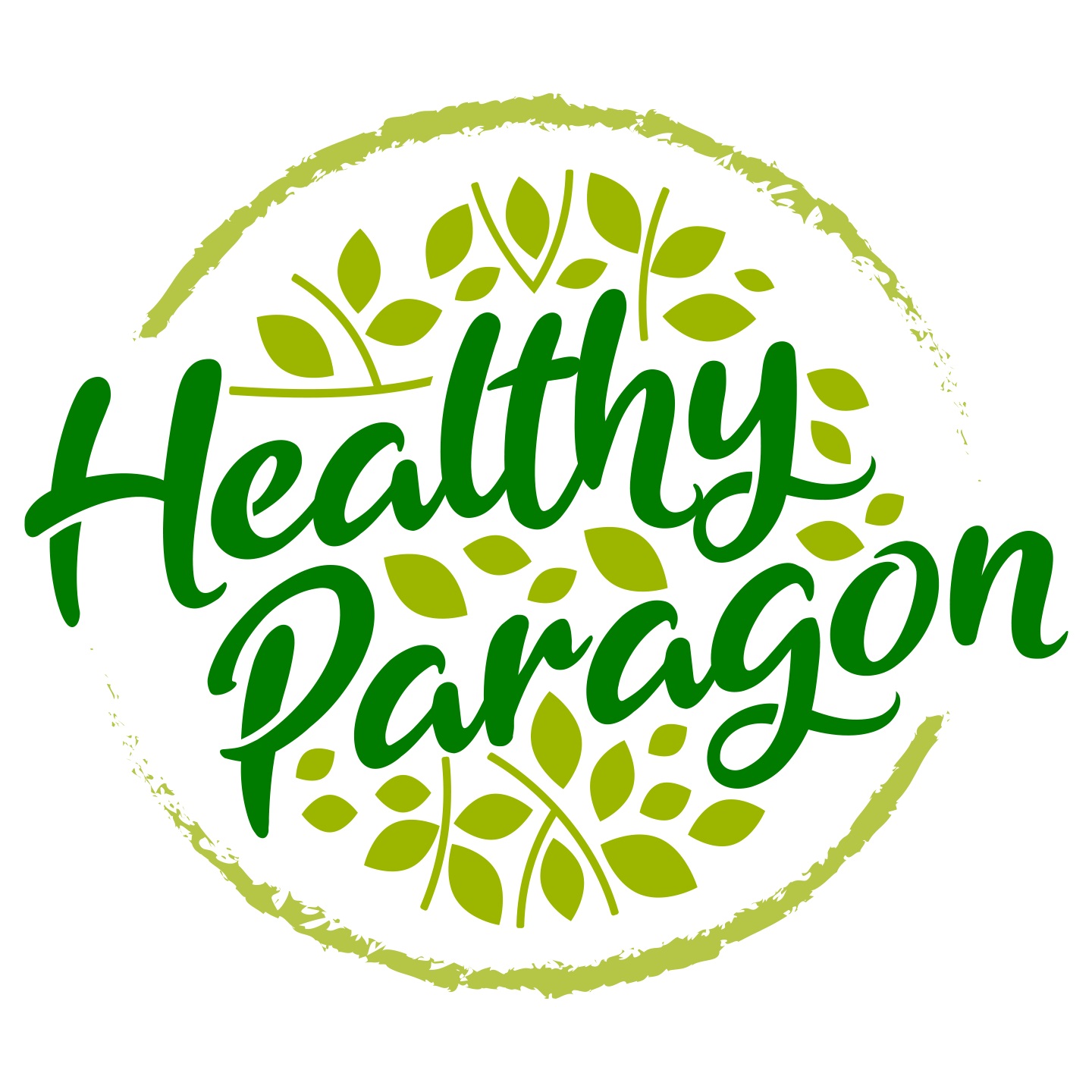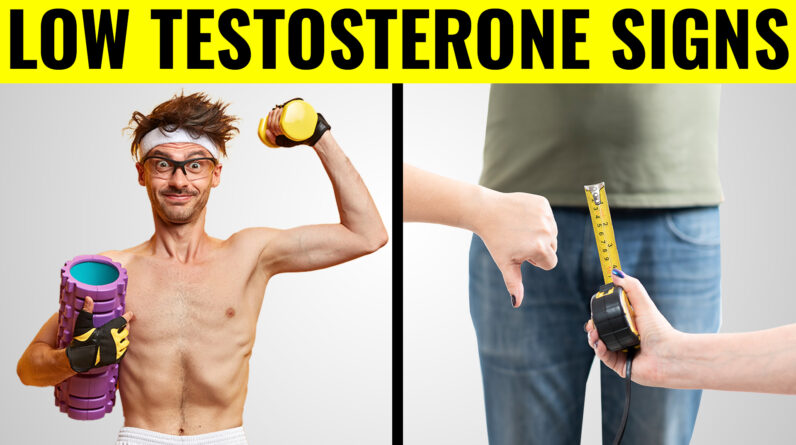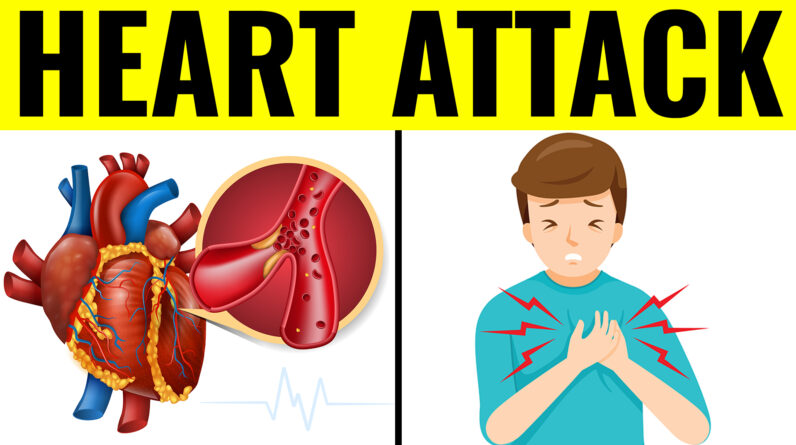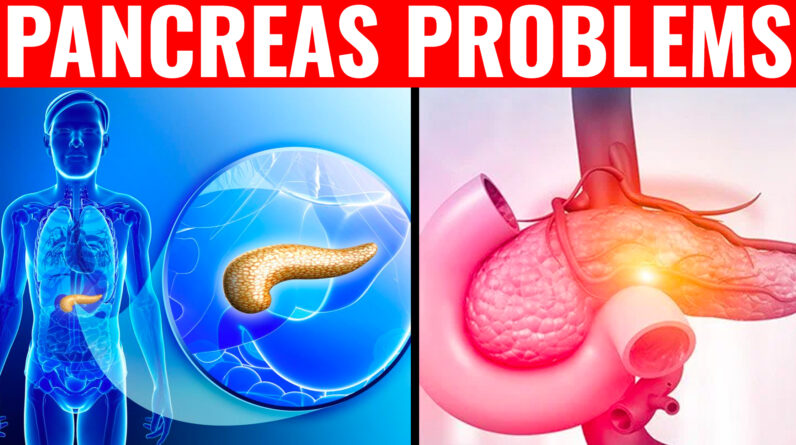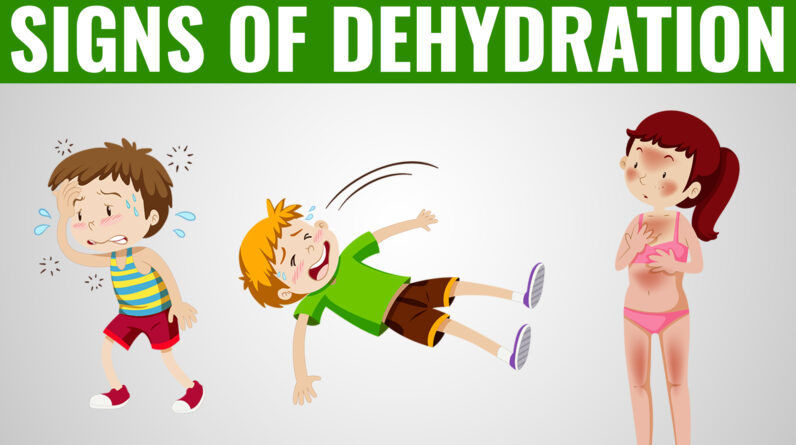
The state of dehydration is basically your body not having as much water as it needs. What happens is that your body is losing or using more water than it is taking in. And if your body does not have the amount of water that it needs, a lot of bodily functions could be seriously impaired.
Now, dehydration is not the same as thirst. Thirst is simply the sensation of wanting to drink. It could be an indicator for the onset of dehydration, reminding us to drink some water.
But this is not always reliable, especially with older people. And this is because some older adults might not get thirsty until they are actually quite dehydrated.
Illness is another reason that some people might not feel thirsty until they are actually dehydrated. Think about the times that you weren’t well; you probably did not want to put anything in your mouth, including water.
What all of this means is that first off, the fact that you are thirsty does not mean that you are dehydrated, and secondly, thirst, alone, is not a significant indicator that one is about to or is already dehydrated.
That said, what are the symptoms of dehydration? What should we be looking out for in ourselves or others to determine whether dehydration is close? I’ll be breaking the answer to these questions into 3.
Moderate Signs of Dehydration
If you are having these symptoms, drinking more water going forward should get rid of them. Also, I should quickly reiterate that thirst is a sign of dehydration, but it is not the be all and end all. It would typically be accompanied by one or more of the following:
1. Not Peeing Enough
This makes sense because the body just doesn’t have enough water to run bodily functions. So, there understandably won’t be much to pass out as waste.
On the average, humans pee between 4 and 8 times a day. If you are peeing significantly less than that every day, you might be dehydrated.
“Every day” here is key; if you’re not peeing enough just one day, there probably isn’t anything to worry about. You might still want to increase your water intake, though, just to be sure.
2. Dark Yellow Pee
If your pee is dark yellow, instead of light yellow or clear, it shows that there is a lot of the pigment urochrome in your urine. Typically, if you drink enough water, your urine should be diluted of the pigment, making it appear clear or light yellow.
That said, if you find out that your pee is dark yellow, you should be able to rectify it by drinking lots of water throughout the day.
3. Dry or Sticky Mouth
If you have dry mouth, it typically means that your salivary glands are not producing enough saliva. This is usually due to dehydration; that is, your body doesn’t have enough water to produce saliva.
Bear in mind that dry or sticky mouth is different from thirst. Generally, you would feel thirst in your throat, not necessarily your mouth. You probably understand what I’m talking about.
4. Dry Skin
Because your body doesn’t have as much water as it needs, there isn’t enough to make your skin supple and basically not dry. Putting oils or lotion on your skin will not fix dryness caused by dehydration; only getting hydrated will.
5. Headache
We’ve already covered the fact that dehydration indicates that your body doesn’t have as much water as it needs.
Well, as a result of this imbalance of fluids and electrolytes in the body, one can get headaches. This is because the imbalance has caused the brain to to temporarily shrink because of fluid loss.
Sounds kinda scary, but remember that it is temporary. When you fix the dehydration problem, things should get back to normal.
6. Muscle Cramps
The reason dehydration causes muscle cramps is because your blood contains water. So, with the amount of water in your body significantly reduced, your blood volume also reduces.
Now, because your blood volume is significantly reduced, your muscles and a couple of other organs will have less blood flow, which will lead to cramps and even spasms.
That said, if you have been gone for too long without drinking water, your symptoms will progress to more severe levels.
Severe Signs of Dehydration
Now, if you are having any of the following symptoms, medical attention is needed. That said, if you are having just moderate signs, you should see a doctor or medical personnel if that would make you feel better. Now, for the severe signs:
1. Not Peeing
One day without peeing is actually enough reason to raise the alarm. If your body cannot produce urine at all, there is a problem. It can be fixed, but it is a serious problem.
2. Very Dark Yellow Pee
Maybe you’re peeing but the color is very dark yellow, you should still see a doctor, as soon as possible.
3. Dizziness
This has something to do with the volume of your blood going down. If the volume of your blood is reduced, it means that your brain is not getting enough blood, hence the dizziness.
4. Fainting
This might also happen because your brain is not getting enough blood.
5. Rapid Heartbeat
With the amount of water in your blood significantly reduced, your blood becomes thicker, making it more difficult for your heart to pump and move it through your veins. This is why your heart would beat unnecessarily faster.
6. Rapid Breathing and Fatigue
Because your body doesn’t have enough fluids, it cannot provide cells with enough energy. This is why you might find yourself breathing rapidly and feeling extremely tired even when you are not doing anything that is particularly tasking.
Now, all that has been said typically applies to adults. Adults, for the most part, know how to look out for these signs in themselves.
Signs of Dehydration in Babies and Young Children
But because babies and young children cannot properly articulate what is wrong with them, you would have to check for these signs yourself. These signs include:
- Dry mouth and tongue.
- Dry diapers for 3 hours.
- No tears when crying.
- Sleepiness and general lack of energy.
- Sunken eyes and cheeks.
- Soft spot on the top of the skull.
Now that we know the signs to look out for, it is important to bear in mind that anybody can get dehydrated. If you consistently do not drink enough water, you will get dehydrated. And no, soda and other liquids that are not water do not count.
That said, there are some people that are more at risk of getting dehydrated for some reason or the other. These people include:
1. Babies and Toddlers
First off, babies and toddlers cannot tell you that they are thirsty, neither can they go and get a drink for themselves. As a result, they are quite susceptible to dehydration.
In addition to that, babies and toddlers are most likely to have diarrhea, vomiting, and high fever; all of which are conditions that make the body lose water quickly.
2. Older Adults
Some older adults do not particularly get thirsty often enough. And because thirst is a reminder for us to have a drink of water, these older people might go hours without having a drop.
In addition, old age sometimes comes with mobility issues for whatever reason; so, if they cannot move around well anymore, they might go hours without drinking any water.
3. People Who are Ill
People who are ill are susceptible to dehydration for the obvious reason that it might be difficult to move about.
But in addition to that, certain illnesses, like a cold and sore throat, make it difficult for one to drink water. Also, diarrhea and vomiting make the body lose water quicker than it gets it.
4. People Who Have a Chronic Disease
Diseases like type 1 and 2 diabetes make one pee a lot, that is, if the disease is not controlled. Certain drugs, like diuretics for blood pressure, also make one pee a lot. And if the body is losing fluid quicker than it is getting it, dehydration will set in.
Probably the bigger problem here, though, is that it is difficult to drink enough water with uncontrolled diabetes, and that is because whatever goes in comes out almost immediately.
5. People Who are Active Outside
Running around outside in the heat or humid weather will make you sweat a lot. And if you do not replace all that water that is getting lost soon, you risk dehydration.
From all that has been said, it is pretty obvious that dehydration is a serious issue, but it has a simple prevention measure: drink water. So many people say to drink between 6 and 8 glasses of water every day. But you can drink less or more, depending on your system.
The best way to figure out whether you need to drink more water is to check your urine and how often you go. If you are not going up to 4 times in a day, you are not drinking enough water. And if your urine is dark yellow, you should be drinking more water.
There are many apps that remind you to drink water. You could try them out and see if they work for you. Finally, if you are experiencing one or more of the severe symptoms of dehydration, you should speak with your doctor as soon as possible.
